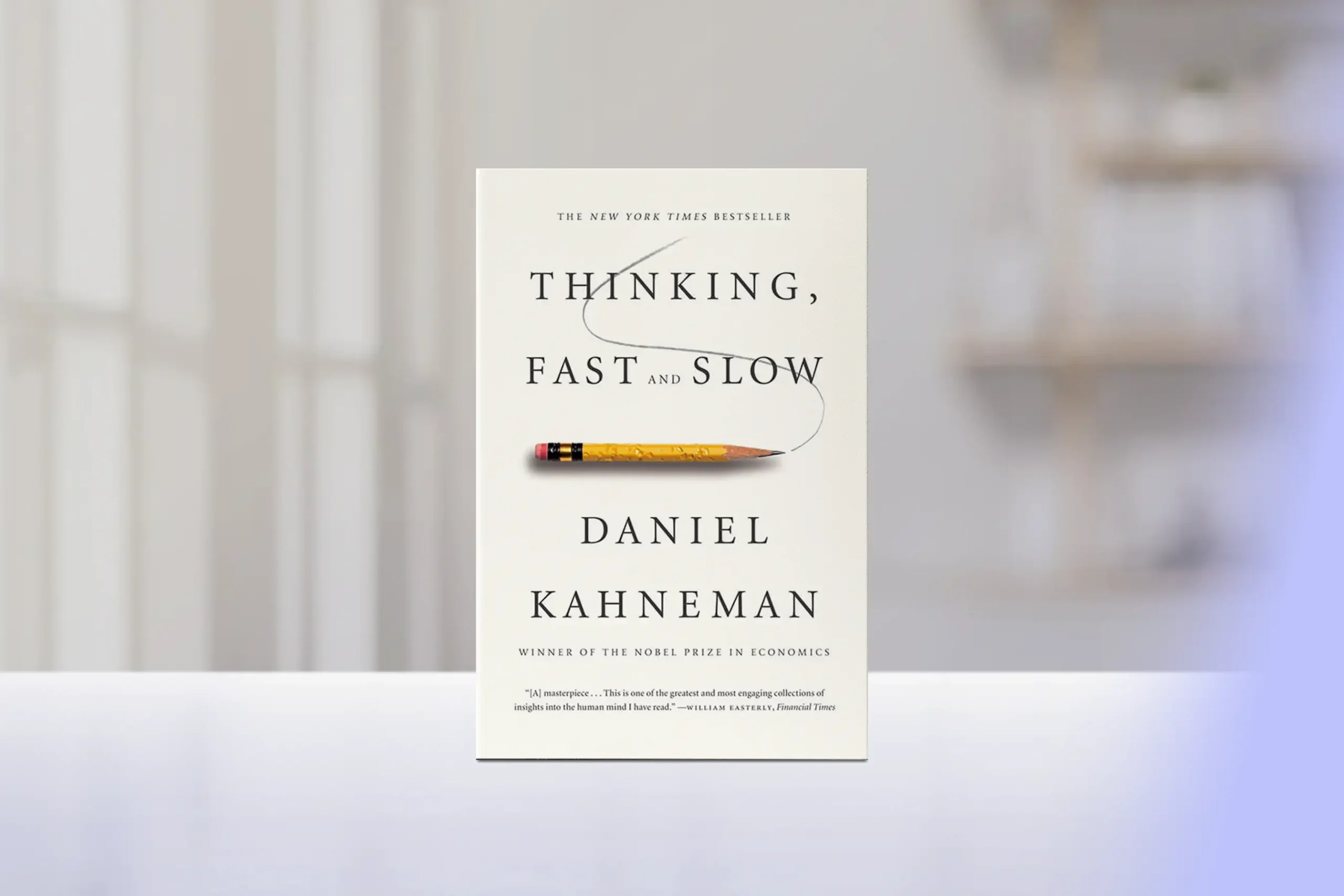Discover how small, consistent actions create lasting results by unlocking the power of momentum. This article explores how small wins lead to big success by turning small daily actions into powerful habits that lead to long-term growth and build unstoppable momentum—guiding you steadily toward your most ambitious goals.
Inside this article:
1. What Are Small Wins?
Small wins aren’t scaled-down big achievements—they’re strategically designed stepping stones that create psychological and neurological momentum. Think of them as daily, manageable actions that compound over time to create substantial transformation.
The transformation equation is beautifully simple:
small consistent actions + time + compound effect
= extraordinary life changes.
Definition and Core Characteristics
Understanding what truly qualifies as a “small win” is crucial because not all small actions create momentum. The magic lies in the specific characteristics that activate your brain’s reward system while building toward something meaningful.
What makes something a true “small win”:
- Achievable within days, not months
- Directly contributes to larger objectives
- Provides immediate feedback and satisfaction
- Requires minimal willpower to complete
The Science Behind Every Success
Every small win gives you dopamine—that neurotransmitter that boosts confidence and rewires your brain for future success. Through neuroplasticity, repeated positive experiences reshape neural pathways like creating a well-worn path through a meadow.
Harvard Business School research reveals that nothing contributes more to sustained success than making progress in meaningful work—even when that progress comes in seemingly tiny increments. Your brain doesn’t distinguish between “big” and “small” wins when releasing motivation-fueling chemicals.
Real-World Examples
The beauty of small wins becomes crystal clear when you see them in action across different areas of life. Small wins across life domains can create remarkable transformations over time:
- Fitness: Walking 10 minutes daily before building to longer runs
- Career: Completing one course per quarter
- Finance: Saving $5 daily instead of $150 monthly chunks
- Learning: Reading 10 pages daily rather than entire books
- Health: Drinking one extra glass of water each day
For a deep dive into transforming tiny changes into remarkable results, James Clear’s “Atomic Habits” provides the definitive framework for building habits that stick and compound over time.
Key Takeaways: Small wins are strategic actions that create measurable progress. Your brain rewards every achievement equally, regardless of size. Daily micro-actions compound into life-changing transformations.
2. Why Small Wins Matter
Your nervous system is wired for progress, not perfection. The momentum effect isn’t just psychological comfort—it’s a measurable force that reshapes your capabilities.
The Science of Momentum
The science behind momentum reveals three distinct but interconnected processes happening in your brain and body every time you complete a small win.
Here’s how each completed small win creates unstoppable forward motion:
- Dopamine-driven motivation: Each completed task reinforces neural pathways, making future action feel natural
- Confidence building: Gail Matthews’ research showed 33% higher success rates for people who wrote down goals and tracked daily actions
- Psychological momentum: Research reveals this enables performance “at a level not ordinarily possible”
Breaking the Overwhelm Cycle
Large objectives trigger threat-detection systems, flooding you with stress hormones that impair decision-making. Small wins activate your rest-and-digest response, creating mental clarity for sustained effort.
The physiological and psychological benefits of small wins extend far beyond simple motivation—they create measurable improvements in how your mind and body function. When researchers study people engaged in small-win strategies, the differences are striking and immediate.
These are the benefits of small wins:
- Reduced cognitive load
- Immediate feedback loops
- Measurable stress reduction
- Enhanced focus through success patterns
To understand how sustained effort creates extraordinary results, Angela Duckworth’s “Grit: The Power of Passion and Perseverance” reveals why consistency trumps talent in achieving long-term goals.
Key Takeaways: Momentum is measurable and enhances performance beyond normal levels. Small wins reduce stress while building competence-based confidence. Consistent small actions create exponential progress through compounding.

3. How to Build Momentum
Transforming ambitious goals into achievable daily actions requires “strategic goal decomposition”—the difference between dreams that inspire and dreams that happen.
Step 1: Strategic Goal Decomposition
The art of breaking down overwhelming objectives into manageable pieces is where most people either succeed brilliantly or fail completely. It’s not enough to simply make things smaller—you need to create a logical progression that maintains emotional connection to your bigger vision.
Follow this proven framework for breaking down the process:
- Ultimate objective: Define with crystal clarity—not “get healthier” but “hike 10 miles without getting winded”
- Major milestones: Identify significant waypoints
- Weekly targets: Break milestones into specific weekly accomplishments
- Daily micro-actions: Create actions so small they feel ridiculous not to complete
Step 2: The Two-Minute Rule
James Clear’s revolutionary approach: any new habit should take less than two minutes initially. This removes friction and builds consistency before adding complexity.
The genius of the two-minute rule lies in how it bypasses your brain’s resistance mechanisms while building the neural pathways that make future action feel automatic and natural.
Start with these simple, low effort tasks:
- Learning: Read one paragraph
- Health: Do five push-ups
- Organization: Clear one small workspace area
- Relationships: Send one appreciative message
Step 3: Create Accountability Systems
Building external structure around your small wins amplifies their power exponentially. When you combine internal motivation with external accountability, you create an almost unstoppable force for consistent action.
Effective accountability strategies will increase your follow-through and momentum:
- Public commitment: Tell others about goals for external motivation
- Progress tracking: Use visual methods to monitor daily wins
- Regular check-ins: Schedule weekly progress reviews
- Community engagement: Join groups with similar goals
Step 4: Celebration and Recognition
Celebrating triggers your brain’s reward system, encouraging continued effort. This isn’t optional—it’s crucial for sustainable momentum.
David Allen’s “Getting Things Done” masterfully explains how systematic approaches to managing tasks and projects create stress-free productivity through consistent forward motion.
Key Takeaways: Strategic decomposition transforms overwhelming goals into manageable actions. Two-minute habits eliminate friction and build consistency. Accountability and celebration amplify motivation through social and neurological rewards.
4. Practical Implementation Tips
Creating sustainable momentum demands systematic approaches that work with your psychology. Successful people don’t rely on willpower—they design environments making small wins inevitable.
Daily Momentum Builders
Your morning routine sets the tone for everything that follows. By designing a sequence of small wins into your first hour, you create unstoppable momentum that carries through your entire day. Design your environment and schedule to make small wins feel automatic.
Essential morning protocols:
- Evening preparation: Set out materials before bed
- Victory sequence: Chain 2-3 small wins in your first hour
- Environmental cues: Place visual reminders naturally
- Start ridiculously small: Make skipping harder than doing
The 1% improvement principle: tiny improvements compound dramatically. One percent daily improvement leads to being 37 times better over a year.
Technology and Environmental Design
Modern technology can either sabotage your momentum or amplify it exponentially. The key is using digital tools strategically to support your small wins rather than creating additional complexity or distraction.
Digital tools that create automated momentum and eliminate decision fatigue:
- Habit tracking apps: Visualize progress with Streaks or Habitica
- Automated reminders: Set gentle prompts without pressure
- Progress photography: Document gradual changes
Your physical environment either supports or sabotages your small wins every single day. By making small changes to your surroundings, you can eliminate friction and make the right choices feel effortless.
Transform your environment:
- Friction reduction: Prep meals for busy evenings
- Resource accessibility: Keep tools visible and available
- Default settings: Make the easiest choice the right choice
Resilience Systems
Setbacks are inevitable, but recovery doesn’t have to be painful or prolonged. Building resilience systems before you need them ensures that temporary lapses don’t become permanent abandonment.
Here are some practical strategies for handling setbacks:
- Expect lapses: Normalize interruptions without self-judgment
- Plan minimums: Define smallest possible wins for difficult days
- Quick restarts: Begin with even smaller actions to rebuild momentum
Greg McKeown’s “Essentialism: The Disciplined Pursuit of Less” teaches how to focus on what truly matters, eliminating non-essential activities that drain momentum from your most important goals.
Key Takeaways: Environmental design eliminates willpower dependence. Technology amplifies momentum when used strategically. Recovery systems are as important as progress systems.

5. Overcoming Setbacks
You’re going to slip up. The difference between achievers and others isn’t avoiding setbacks—it’s how quickly they recover and restart.
Understanding Setback Psychology
Research shows we break goals under predictable circumstances: stress, fatigue, social pressure, or life transitions. Understanding this is liberating—you can prepare instead of being blindsided.
Recognize these common momentum killers before they sabotage your progress:
- Decision fatigue: Depleted willpower after many daily choices
- Perfectionist thinking: One missed day leads to complete abandonment
- Success sabotage: Initial progress can lead to complacency
The Comeback Strategy
When you miss days, resist compensating with massive effort, this creates unsustainable boom-bust cycles. The fastest path back to momentum isn’t through heroic effort—it’s through strategic simplicity. Your comeback strategy should focus on consistency over intensity, making it easier to restart than to stay stuck.
The restart protocol:
- Acknowledge without judgment: Notice setbacks as information
- Restart smaller: Choose actions tinier than original wins
- Focus on consistency: Prioritize showing up over outcomes
- Celebrate restarts: Treat getting back on track as victory
This prevents the “what-the-hell effect”—where one slip leads to complete goal abandonment.
Obstacle Preparation
The most successful people don’t just plan for success—they plan for obstacles. By anticipating challenges and creating specific responses, you transform reactive scrambling into proactive adjustment.
Plan for to turn predictable obstacles into manageable scenarios:
- Identify top three momentum killers
- Define minimum viable actions for each scenario
- Create if-then protocols: “If traveling, then 10 push-ups in hotel room”
- Build support systems for difficult periods
Chip and Dan Heath’s “Switch: How to Change Things When Change Is Hard” provides powerful strategies for navigating resistance and obstacles that inevitably arise during any transformation journey.
Key Takeaways: Setbacks are predictable events, not personal failure. Restart small rather than compensate big. Obstacle anticipation transforms reactive scrambling into proactive adjustment
6. Your Momentum Starts Today
Extraordinary results aren’t built through extraordinary efforts—they’re created through ordinary actions performed with extraordinary consistency.
Create Your Action Plan
Ready to transform knowledge into unstoppable momentum? Here’s your step-by-step blueprint for turning today into the first day of your transformation through these immediate implementation steps:
- Choose one postponed goal due to overwhelming size
- Break it down into the smallest possible daily action
- Commit for exactly seven days
- Track and celebrate each completion
- Share your first win with someone supportive
The Multiplier Effect
Sharing goals with supportive communities dramatically increases achievement rates through positive feedback loops and social accountability.
Momentum benefits:
- Increased follow-through confidence
- Enhanced decision-making trust
- Improved energy from regular achievements
- Greater life satisfaction from meaningful progress
What’s your first small win going to be? Identify one action you can take in the next two hours. Write it down. Do it. Acknowledge that accomplishment—you’ve just experienced the neurochemical foundation of transformative change.
Related articles
The Power of Habit: How to Build and Break Habits for Growth
Transform daily routines into powerful success systems
Building Confidence and Self-Esteem: Simple Steps for Lifelong Empowerment
Develop unshakeable self-belief through proven psychological techniques
Growth Mindset: How to Develop a Mindset for Success and Resilience
Rewire your brain to embrace challenges as opportunities
How to Step Out of Your Comfort Zone and Experience Real Growth
Strategic approaches to expanding your capabilities safely
Time Management: Mastering the Art of Prioritization
Focus your energy on actions that create maximum momentum
Further reading
“The Compound Effect” by Darren Hardy
Harness the power of small choices to create extraordinary results
“The Slight Edge” by Jeff Olson
Discover how simple daily disciplines lead to massive success
“Tiny Habits: The Small Changes That Change Everything” by BJ Fogg
Science-backed methods for creating lasting behavioral change
“The One Thing” by Gary Keller and Jay Papasan
Focus your efforts on the single most important action for breakthrough results
“Make Your Bed” by Admiral William H. McRaven
Learn how small acts of discipline create life-changing momentum





